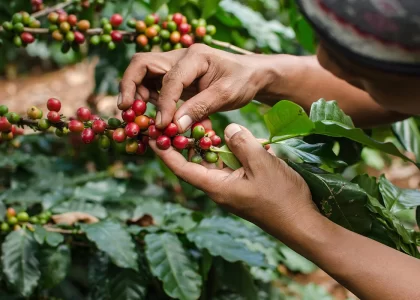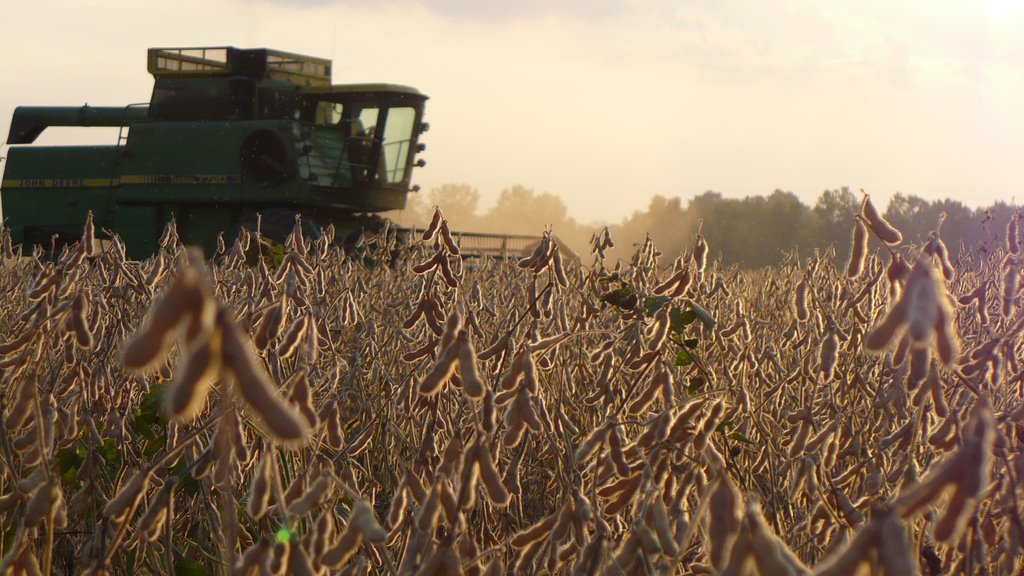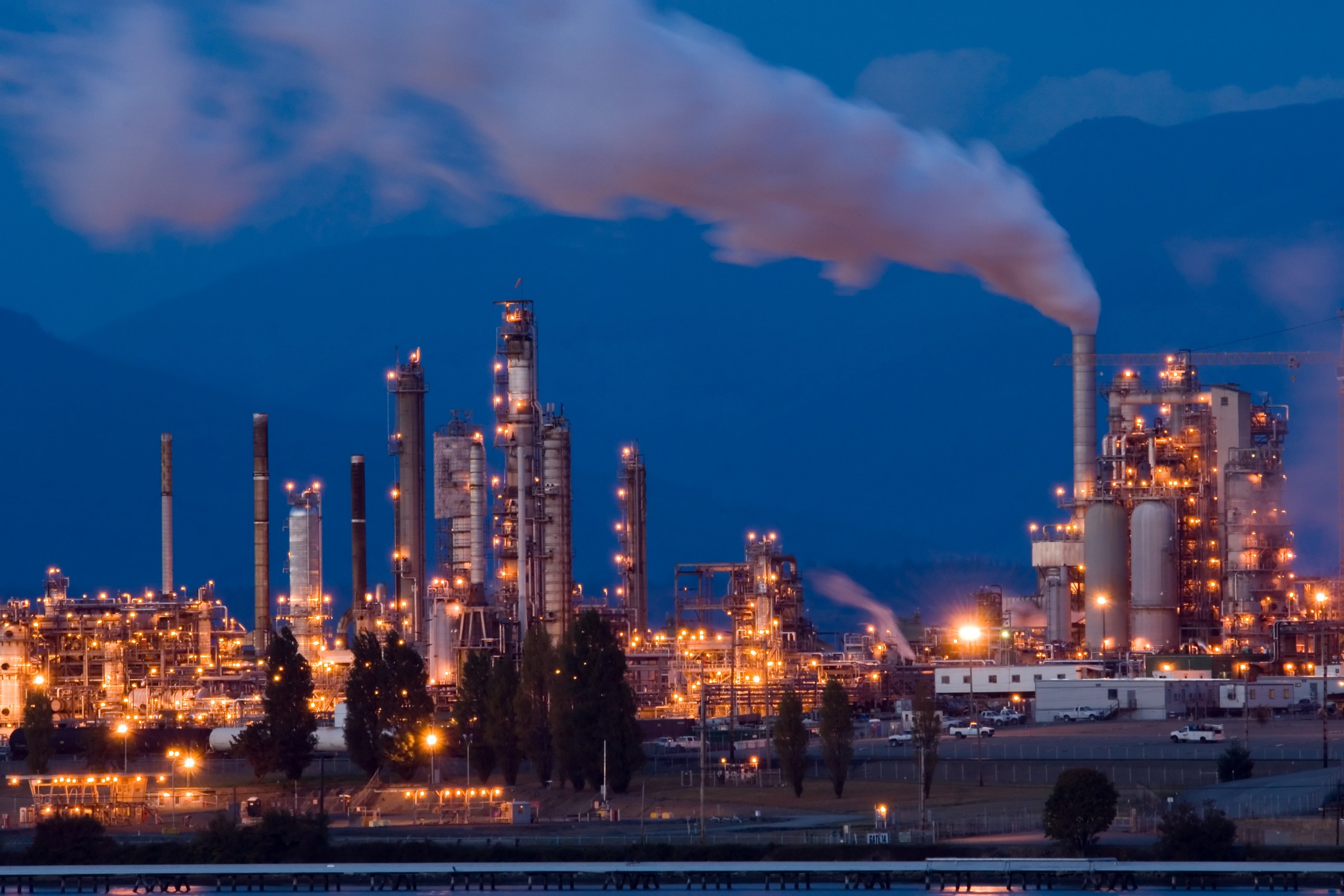The Ivory Coast is caught in the middle of a major struggle. They are the world’s largest cocoa producer and are believed to have some of the largest untapped oil fields in the world. The country should be laying the groundwork and creating the infrastructure to capitalize on their natural resources and developing as a nation. Instead, their nation is on the unsafe to travel list by the CIA and they are on the brink of declaring marshal law.
Laurent Gbagbo has ruled the former French colony for the last ten years. He has been accused of siphoning money from the country into his personal offshore coffers and silencing any political rivals quickly and ruthlessly. During his reign, he has sold approximately two billion worth of dollar denominated bonds on the world market. He has also actively solicited Russian investment in oil and mineral deposits. Russia’s number one private oil company, LUKoil has an estimated stake of nearly $800 million in oil drilling and development rights and plans with the Ivory Coast.
The first open election in years has ousted Gbagbo and installed Alassane Ouattara as the President elect. The election results are supported by the United Nations and he is a former deputy managing director at the International Monetary Fund. However, Gbagbo has refused to acknowledge the results and still controls the military and the purse strings. Therefore, he has simply refused to make payments on the bonds they’ve issued to the global market unless he is recognized as the county’s leader and is using the military to enforce his rule.
Gbagbo has placed himself in the middle of an international trade dispute between two superpowers. His deal with LUKoil will most likely be renegotiated if Ouattara assumes leadership. LUKoil is using the Ivory Coast investment to lobby against domestic Russian production taxes. LUKoil has to show some production capability in these lands to maintain their leverage against Medvedev and the state run Rosneft. Therefore, it is in their best interest to covertly supply Gbagbo with any means necessary to fuel his standoff. This contingent is also supported by China. They are citing the recent election issues as the climax of 20 years of failed importation of western democracy, while also shoring up their own future natural resource acquisitions.
The United Nations recognizes Ouattara as the rightful leader. Western countries, members of the United Nations and hedge funds hold the vast majority of the outstanding debt. Furthermore, the Ivory Coast supplies one third of the world’s cocoa. In 2010, that cocoa was worth approximately $3.9 billion at exchange prices. London trader Anthony Ward who made the largest exchange purchase in history last July, now owns nearly $100 million of that warehoused cocoa. Ivory Coast cocoa is also traded actively in New York and its supply must be guaranteed in order to trade futures on either exchange.
The Ivory Coast is preparing for military action and the U.N. just sent 2,000 troops. Some are reporting that Gbagbo is simply stalling for time to fortify his defenses. Others are questioning whom he is preparing to defend himself against. Will the Ivorian people rise up in a unified democratic voice or, will there be direct foreign involvement and if so, on whose side? Will western forces step in to defend their financial interests and install democracy in the name of the people or, will Gbagbo hit for the cycle by guaranteeing the exchanges, the bondholders and LUKoil in return for not starting another global conflict?
My father never liked trading the cocoa market. He told me once when I was a kid that he didn’t like the idea of something happening halfway around the world and not knowing about it until it was too late. Trading used to be about gaining access to information. Now, it’s about interpretation.
This blog is published by Andy Waldock. Andy Waldock is a trader, analyst, broker and asset manager. Therefore, Andy Waldock may have positions for himself, his family, or, his clients in any market discussed. The blog is meant for educational purposes and to develop a dialogue among those with an interest in the commodity markets. The commodity markets employ a high degree of leverage and may not be suitable for all investors. There is substantial risk of loss in investing in futures.





